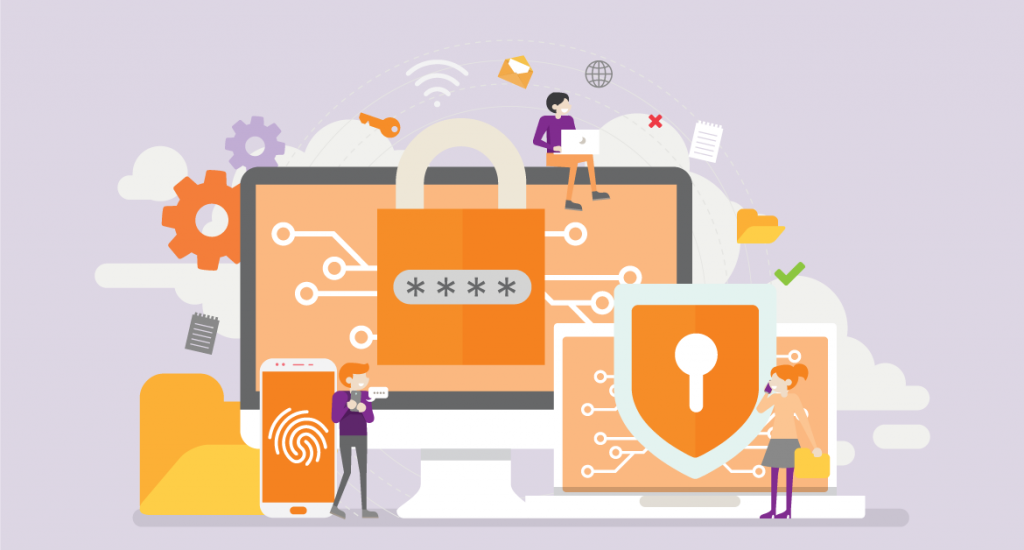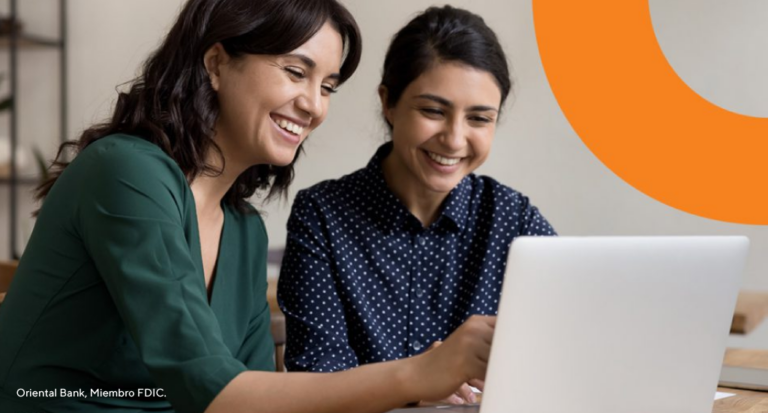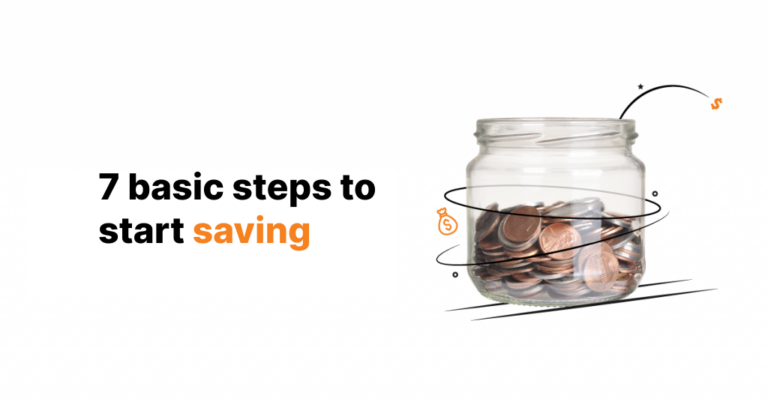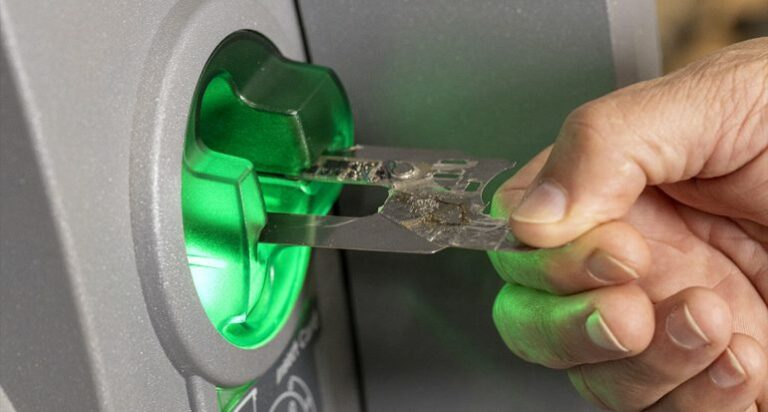It’s amazing everything you can do online! Nowadays, people are doing many of their banking transactions and purchases online. Therefore, protecting your personal information online is a priority.
Here we share 5 tips that can help protect you and your money.

1. Use numbers and passwords wisely
A strong password will have eight or more characters, including letters, numbers, and symbols. Do not use any part of your social security number, credit card numbers, or birthday to create a password, user ID, or PIN number. Don’t make life easy for scammers.

2. Be alert to strange emails and messages
An email may come from a suspicious source or its content may threaten the security of your computer. Try not to click on attachments or links in a strange email. For example, a bank will never try to contact you via email to ask for your personal information. Always pay attention to these details. These fraudulent messages can also occur through social networks. Keep an eye out for them, even if they seem like they’re coming from your friends.

3. Don’t share too much information online
The more you share about yourself on social media, the easier it will be for someone to use that information to access your accounts, steal your identity, and more. Review and maximize the privacy settings on your social media accounts! You will not regret.

4. Visit safe websites and update your devices
Always remember to visit web pages whose urls begin with “https” (the extra “s” indicates security). These sites take additional security measures to protect your information. Be sure to keep your computer operating system, your internet browser, and the software on your mobile devices up to date. These softwares help find and remove any malicious documents that may be on your computer.

5. Secure the information on your smartphone
You never know if today is the day your cell phone will be lost or stolen. It is important to be prepared. Use the option to lock your screen to keep your sensitive information safe, such as your bank account numbers, passwords and other personal details. Depending on your phone, this can be accomplished through a passcode, a touch screen pattern, or even your fingerprint.
We advise you to follow these tips for your mobile and online security. Do everything you can to protect your personal information from falling into the wrong hands. If you suspect that any of your bank information has been compromised, contact your bank immediately for assistance in how to proceed with this issue. Don’t let your guard down!







